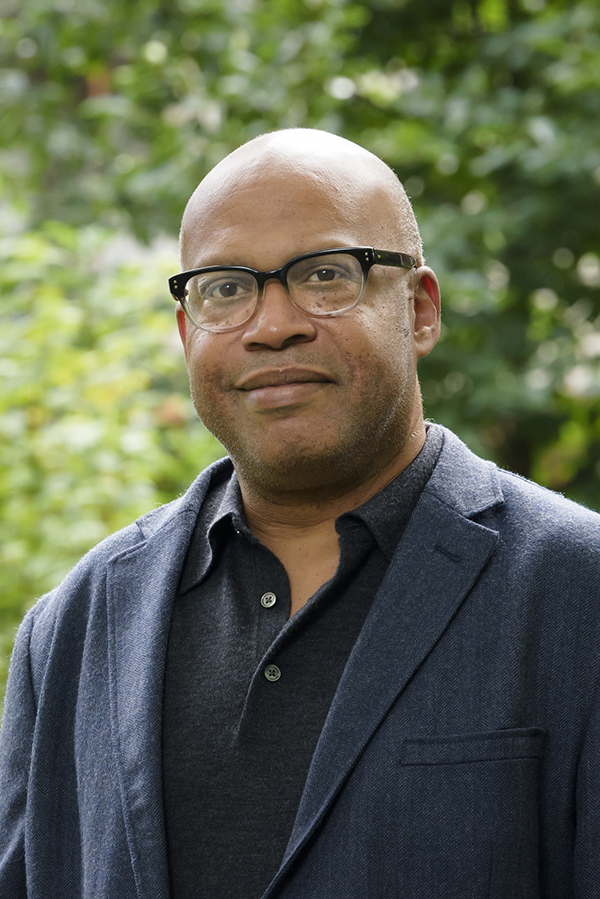The Dent Medal, struck in memory of the distinguished scholar and musician Edward J. Dent (1876-1957), has been awarded by the Royal Musical Association annually since 1961 to recipients selected for their outstanding contribution to musicology. A list of candidates is drawn up by the Council of the Association and the Directorium of the International Musicological Society.

The Dent Medal for 2022 is awarded to Mark Burford.
Mark Burford completed his PhD at Columbia University in 2005 and is now R.P. Wollenberg Professor of Music at Reed College in Portland, Oregon. He is currently the Sheila Biddle Ford Foundation Fellow at Harvard’s Hutchins Center for African and African American Research. His research is distinctive and broad reaching in its implications for the field, melding music’s sonic aspects and political valences, linking histories of music to the history of complex ideas, and writing in a highly engaging manner.

Burford’s research focused initially on Brahms and the intellectual history of music in the German-speaking lands during the nineteenth century, and includes the landmark publication in 19th-Century Music, ‘Hanslick’s Idealist Materialism’ (2006), which effectively rehabilitated Hanslick’s On the Beautiful in Music by engaging with the philosophical currents of its day. He has continued to publish in this field, notably illuminating the formative turn in Brahms’s historical thinking in the mid-1850s in ‘Brahms’s Sybel: The Politics and Practice of Prussian Nationalist History’, which appeared in Nineteenth-Century Music Review (2019).
Burford’s main focus in the last ten years, however, has shifted to Black popular music studies. He has opened up a new field, offering Black objects of study as a legitimate and productive focus for musicological enquiry. This shift began with a prize-winning article in the Journal of the American Musicological Society, ‘Sam Cooke as Pop Album Artist – A Reinvention in Three Songs’ (2012), which reveals how Cooke navigated the political lines of ethnicity, race and sexuality. The article both exposes and overcomes the significant methodological challenges posed by Black music studies, with meticulous attention to archival and musical detail. It received the Society for American Music’s 2012 Irving Lowens Award for the outstanding article on American music. Further articles in American Music Review and The Musical Quarterly led to the ambitious and ground-breaking monograph Mahalia Jackson and the Black Gospel Field (Oxford, 2019). The book received the Otto Kinkeldey Award from the American Musicological Society for the outstanding book in musicology by a senior scholar, the Society’s highest honour; the Woody Guthrie Award for the most outstanding book on popular music from the US branch of the International Association for the Study of Popular Music; the Award for Excellence for the best history book in the category of historical research in blues, soul, gospel or R&B from the Association for Recorded Sound Collections; and was selected as a CHOICE Outstanding Academic Title. The companion Mahalia Jackson Reader (Oxford, 2020) is a valuable and well-curated anthology. Burford’s research in this field is notable for the attention paid to the interaction of sonic detail with socially attributed meanings, including the racialised forces that shaped (and were shaped by) the performances of Black performers, and for its theoretical breadth and rigour. He also considers sounding music from the perspectives of multiple listeners, and so musical meaning is understood as collectively produced and determined. His wider contribution to musicology is a compassionate demonstration of how we might productively rethink the racialisations of the discipline’s past.
Burford’s scholarly achievements are complemented by his dedication to the wider academic community. He has served on committees of the American Musicological Society and as a member of the Board of Directors, demonstrating collegiality and citizenship.
